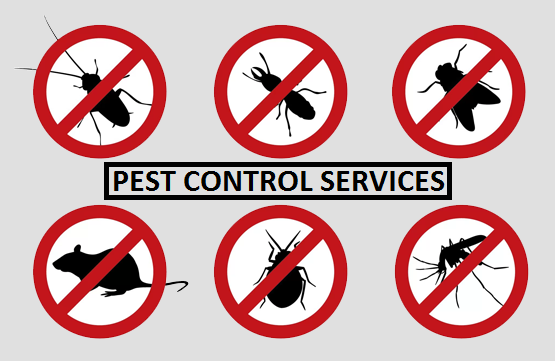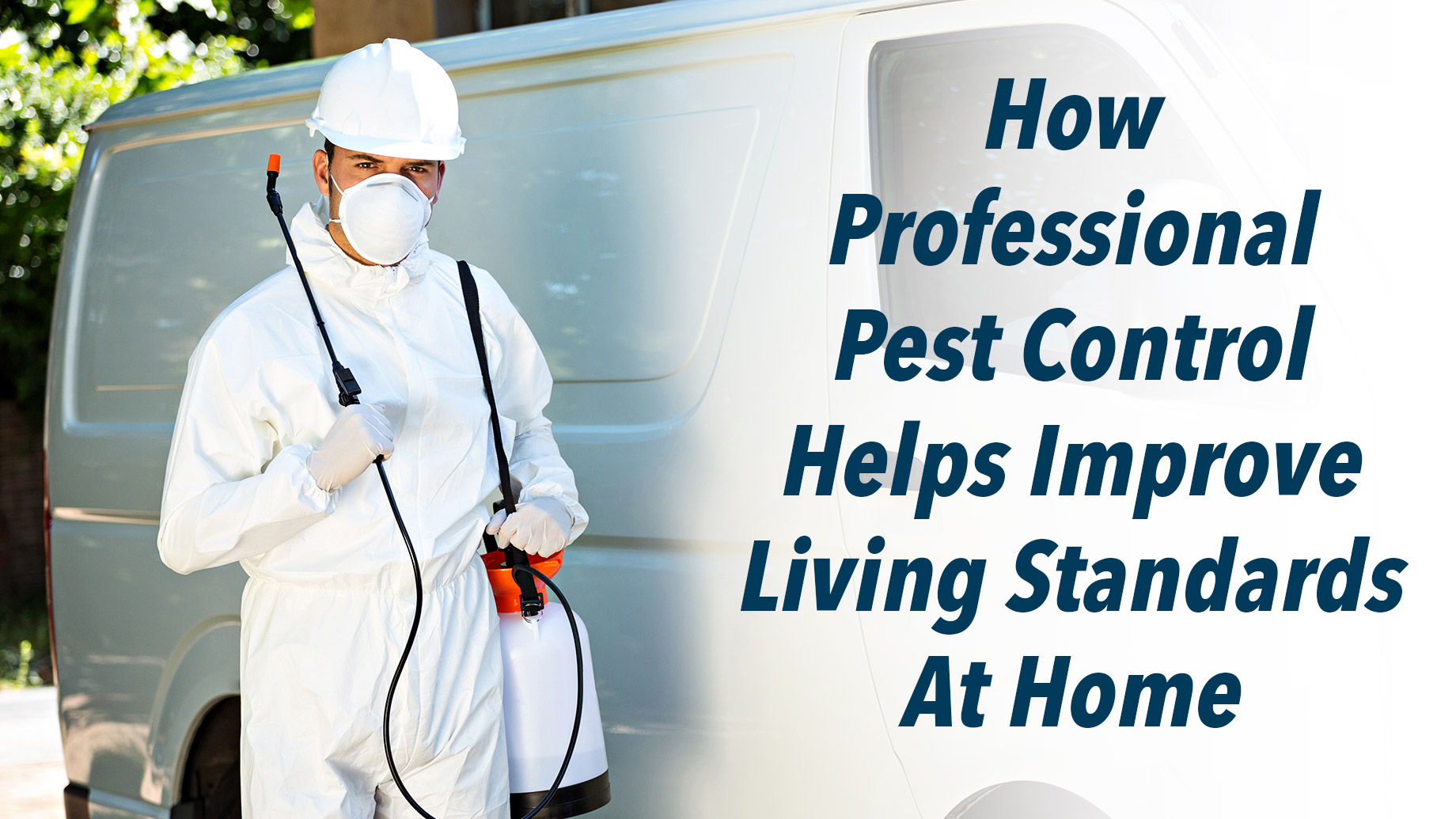Comprehensive Pest Control Clovis Solutions for each Requirement
Comprehensive Pest Control Clovis Solutions for each Requirement
Blog Article
Comprehending the Numerous Methods to Parasite Control: A Comprehensive Overview

Natural Insect Control Techniques
Utilizing green techniques such as buddy planting and biological pest control is vital for successfully handling insects in agricultural settings. Companion planting entails expanding various crops in distance to discourage parasites, boost nutrient uptake, and boost total crop health and wellness. For example, planting marigolds along with tomatoes can aid repel nematodes. In a similar way, intercropping maize with beans can interrupt the breeding patterns of pests like corn borers.
Biological pest control entails introducing all-natural predators or virus to control pest populaces. Ladybugs, for example, prey on aphids, managing their numbers without the need for chemical pesticides. One more example is using Bacillus thuringiensis (Bt), a bacterium that targets certain insect pests while being harmless to human beings, animals, and beneficial bugs.
These eco-friendly techniques not just decrease the dependence on artificial pesticides however additionally aid protect biodiversity and soil wellness. By integrating all-natural bug control techniques right into agricultural methods, farmers can attain sustainable bug monitoring while reducing unfavorable influence on the setting.

Chemical Bug Control Solutions
Along with natural insect control techniques, the use of chemical bug control solutions plays a considerable function in successfully taking care of pest populaces in farming settings. Chemical pest control solutions are developed to target particular parasites that might create extensive damage to plants. These solutions frequently consist of synthetic pesticides that are developed to eliminate insects rapidly and effectively.
One of the essential advantages of chemical pest control solutions is their effectiveness in controlling pest infestations widespread. Farmers can use these options utilizing different techniques such as splashing, airing out, or seed therapy to secure their plants from damaging bugs, weeds, and diseases. Additionally, chemical parasite control options are fairly very easy to apply and can offer rapid outcomes, assisting farmers protect their yields and decrease financial losses.
However, it is crucial to utilize chemical pest control remedies sensibly to minimize prospective negative effects on the environment, non-target organisms, and human wellness. Proper application strategies, adherence to safety standards, and regular surveillance are important to ensure the accountable use of chemical pest control options in agricultural methods.
Organic Insect Control Approaches
Organic pest control approaches take advantage of natural predators or microorganisms to handle bug populaces in farming setups effectively. One common biological control method is the intro of all-natural opponents, such as ladybugs or parasitic wasps, to target certain bugs.
An additional biological control method entails using virus like fungis, viruses, or microorganisms to infect and eliminate pests. Generally, biological bug control methods supply a sustainable and targeted remedy to pest administration in agriculture.
Integrated Bug Management (IPM)
Integrated Bug Management (IPM) is a thorough method that incorporates various bug control strategies to efficiently manage and lessen pest populations in agricultural systems. IPM concentrates on lasting prevention of bugs via a combination of organic, cultural, physical, and chemical control techniques. By incorporating these different methods, IPM intends to lower reliance on chemical pesticides, reduce ecological influence, and advertise lasting pest management methods.
One trick facet of IPM is using biological controls such as natural predators, parasites, and microorganisms to manage insect populaces. This approach uses the power of nature to maintain a balance between insects and their natural opponents her response without triggering damage to the atmosphere.
In addition, IPM involves social methods like crop habitat, rotation, and sanitation control to produce undesirable conditions for insects and disrupt their life cycles. Physical controls such as traps, obstacles, and composts are also made use of to avoid parasite problems.
Physical and mechanical Parasite Control Methods
Using non-chemical methods, such as physical and mechanical bug control methods, is a crucial facet of thorough bug administration strategies, building upon the structure of Integrated Insect Management's alternative method. Mechanical pest control entails using physical obstacles or catches to avoid parasites from accessing and harming crops or frameworks. This method can consist of methods like mounting screens on windows, utilizing row covers in agriculture, or internet utilizing sticky traps to capture insects.
Physical bug control methods, on the various other hand, concentrate on straight eliminating bugs through physical methods. Making use of warm therapies to eliminate bed insects or vacuuming up bugs like ants or crawlers can be effective methods to take care of invasions without the usage of chemicals. By incorporating these mechanical and physical parasite control techniques into an Integrated Parasite Management strategy, experts and people can lower reliance on pesticides while still effectively managing pest populaces and minimizing damage.
Conclusion

In enhancement to all-natural pest control approaches, the use of chemical pest control remedies plays a considerable role in properly managing pest populaces in agricultural environments.One of the crucial advantages of chemical bug control services is their here are the findings performance in managing parasite invasions on a large scale.Integrated Parasite Management (IPM) is a comprehensive technique that combines different pest control methods to effectively handle and decrease pest populations in farming systems.Utilizing non-chemical techniques, such as physical and mechanical parasite control methods, is a crucial element of thorough pest administration approaches, building upon the foundation of Integrated Bug Management's holistic technique. By including these mechanical and physical pest control methods right into an Integrated Parasite Management plan, specialists and individuals can decrease reliance on chemicals while still properly taking care of pest populaces and reducing damage.
Report this page